You might be startled to hear that many of your newborn’s behaviours are reflexes—automatic reactions. Your baby’s reflexive responses can range from stepping up and down as you hold her above a surface to turning her face as you massage her cheek.
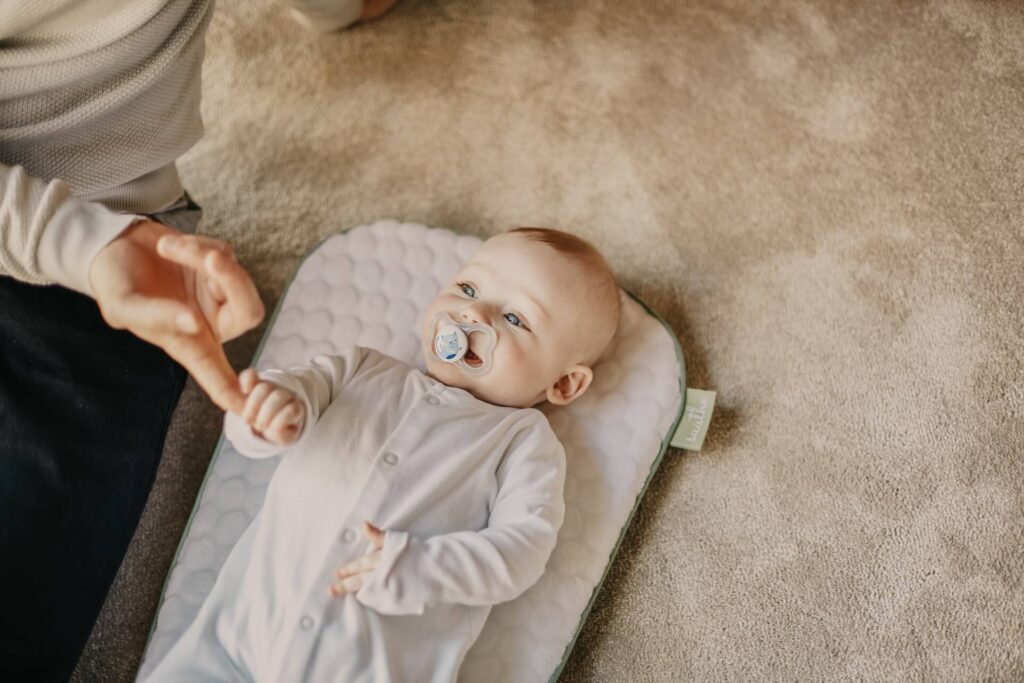
Your infant is born with these innate responses, it turns out. Some reflexes, such as the tongue push reflex, can survive months, whilst others, such as the Moro reflex, can vanish in a matter of weeks.
Continue reading to learn more about the most frequent baby reflexes and how long each one is expected to last.
What Are Baby Reflexes?
A reflex is an automatic response to stimuli that your baby has. She will suck on your finger, for example, if you put it in her mouth. She will also close her eyes if she encounters a bright light.
When a baby makes a movement like this, it is called a baby reflex. These reflexes usually happen when a baby’s body senses something that is wrong. A baby reflex helps your baby get better faster.
A reflex occurs when your infant reacts automatically and does not choose a particular habit. Adults have reflexes, too, not only babies. However, the focus of this article is on some of the reflexes that babies have.
Rooting Reflex
Your kid is born with the rooting reflex, which allows him to locate your nipple when breastfeeding for the first time.
Simply brush his cheek or mouth with your finger to watch this “looking-for-the-nipple” reaction in action, and he will turn his head toward your hand.
When breastfeeding, your baby may root from side to side, twisting his head toward and then away from your nipple, but by 3 weeks old, he’ll be learned to turn in the appropriate direction and position himself to suck at your nipple. If you’re bottle-feeding him, he’ll also do this with the nipple of a bottle.
Sucking Reflex
Even before she is born, your baby develops the sucking reflex. You may have noticed your kid sucking on her thumb while still in the womb if you had an ultrasound while pregnant.
When your baby is born, she will begin sucking instinctively when your nipple is placed in her mouth or touches the roof of her mouth. This reflex occurs in response to the nipple of the bottle if you’re giving her formula or expressed breast milk from a bottle.
Sucking is a fairly complex skill for a newborn, therefore despite the fact that it is a reflex, some babies do not suck efficiently at first. They eventually get the hang of it.
Moro Reflex
The Moro reflex is a startle response that you may notice in your baby’s first months.
If your baby’s head suddenly drops back or he is startled, he will respond by thrusting his arms and legs wide, lengthening his neck, and immediately drawing his arms together. He might also cry. This reaction usually goes away after approximately two months.
Reflexive Smile
You may see your baby smiling in her sleep throughout her first month. This is known as a reflexive smile since it is a reaction to internal stimulation. These aren’t the “genuine” smiles you’re hoping for, the ones that appear in response to something your infant finds intriguing or entertaining.
During the second month, though, your baby may begin to smile back at you when she is awake. These are “real” smiles that you might see if you make a goofy face or tickle your infant.
Be patient while the reflexive smiles continue. They won’t last long before they’re replaced with the genuine thing—that lovely gummy grin—and you’ll enjoy seeing how delighted she is when you smile at her.
Tonic Neck Reflex
The fencing posture, also known as the tonic neck reaction, is a basic but amusing reflex. If your baby moves her head to one side, she will immediately straighten the same arm while bending the opposite arm, as if fencing. Keep an eye out!
This reflex does not occur in every baby, and if your baby is crying, she may not exhibit this reflex. When she is about 5 to 7 months old, the tonic neck reflex usually goes away completely.
Grasp Reflexes
Stroke the inside of your baby’s hand or the bottom of his foot to trigger this reaction. He’ll grab your finger with his hand (palmar grasp) or curl his toes (plantar grasp).
Your baby’s grip is really firm. If you give him a rattle, he will grasp on tight! Nothing beats the sensation of him curling his fingers around your finger in a vice-like hold.
Remember that this is a reflex and that your baby can let go at any time. This means he might drop his rattle or let go of your finger without even realizing it.
When your kid is about 5 to 6 months old, the palmar grasp begins to fade. The plantar grip normally disappears between the ages of 9 and 12 months.
Stepping Reflex
When you carry your baby under her arms for the first two months, you may be surprised to watch her stepping (while supporting her head, of course). While holding her in this posture, she will begin stepping up and down as soon as the bottoms of her feet hit a smooth surface. She might even appear to be walking on air!
Remember that this is only a reflex and not an indication that your child is getting ready to walk. You’ll have to wait a little longer for those authentic first steps.
Tongue Thrust Reflex
The tongue push reflex is present at birth. If you try to put something in your baby’s mouth (such as a spoon), she will push against it with her tongue.
This impulse goes away when your child is roughly 4 to 5 months old.
It will be fun and fascinating to watch your baby’s various responses mature into more conscious behaviours over time. It’s all part of the excitement and magic of watching your kid grow and develop right before your eyes.
This page is based on professional advice from reputable medical and government organizations, such as the American Academy of Pediatrics and the American College of Obstetricians and Gynecologists. This page’s material should not be used in place of professional medical advice. For a complete diagnosis and treatment, always seek the advice of a medical expert.
view more posts tagged, pregnancy


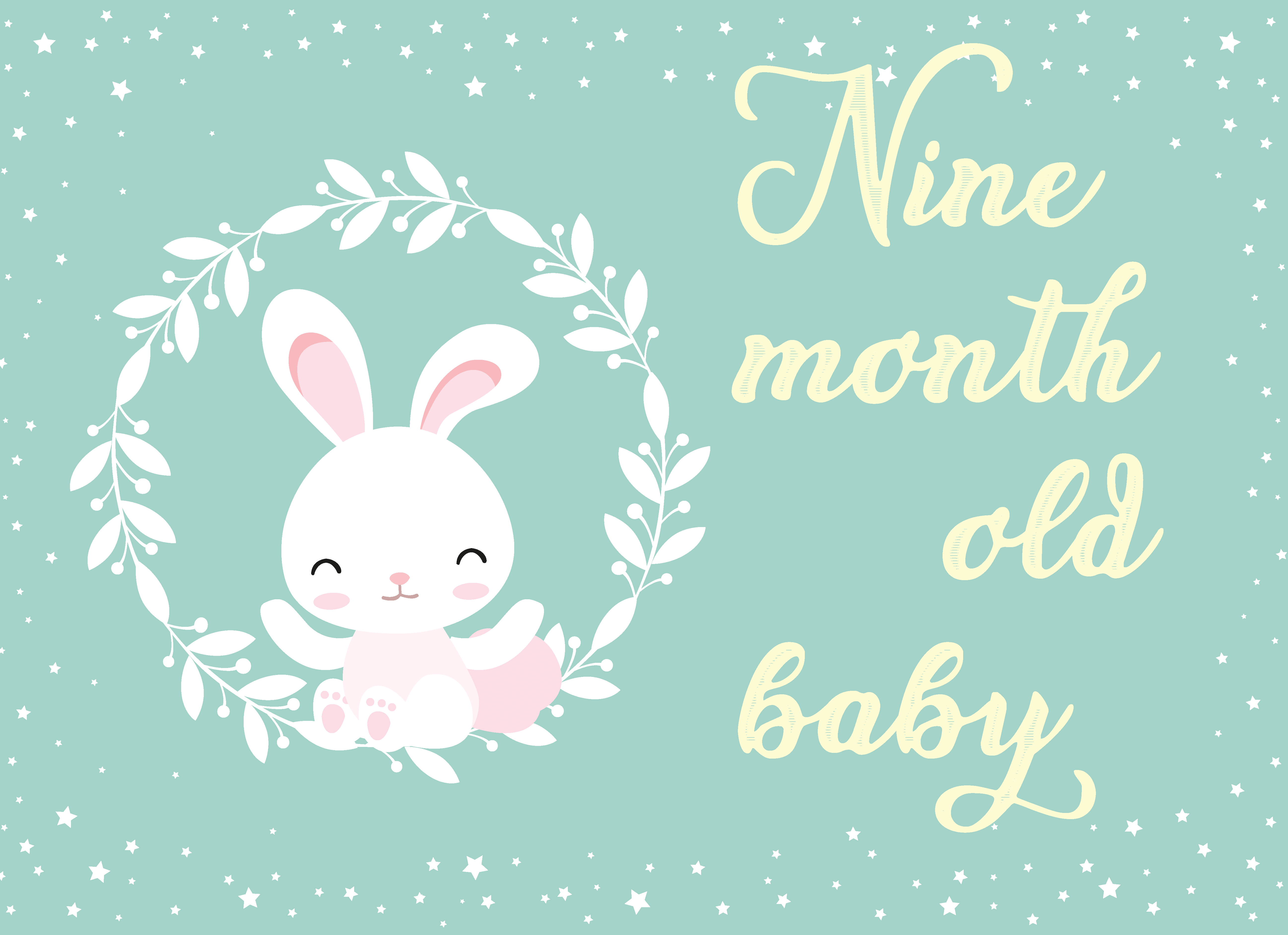
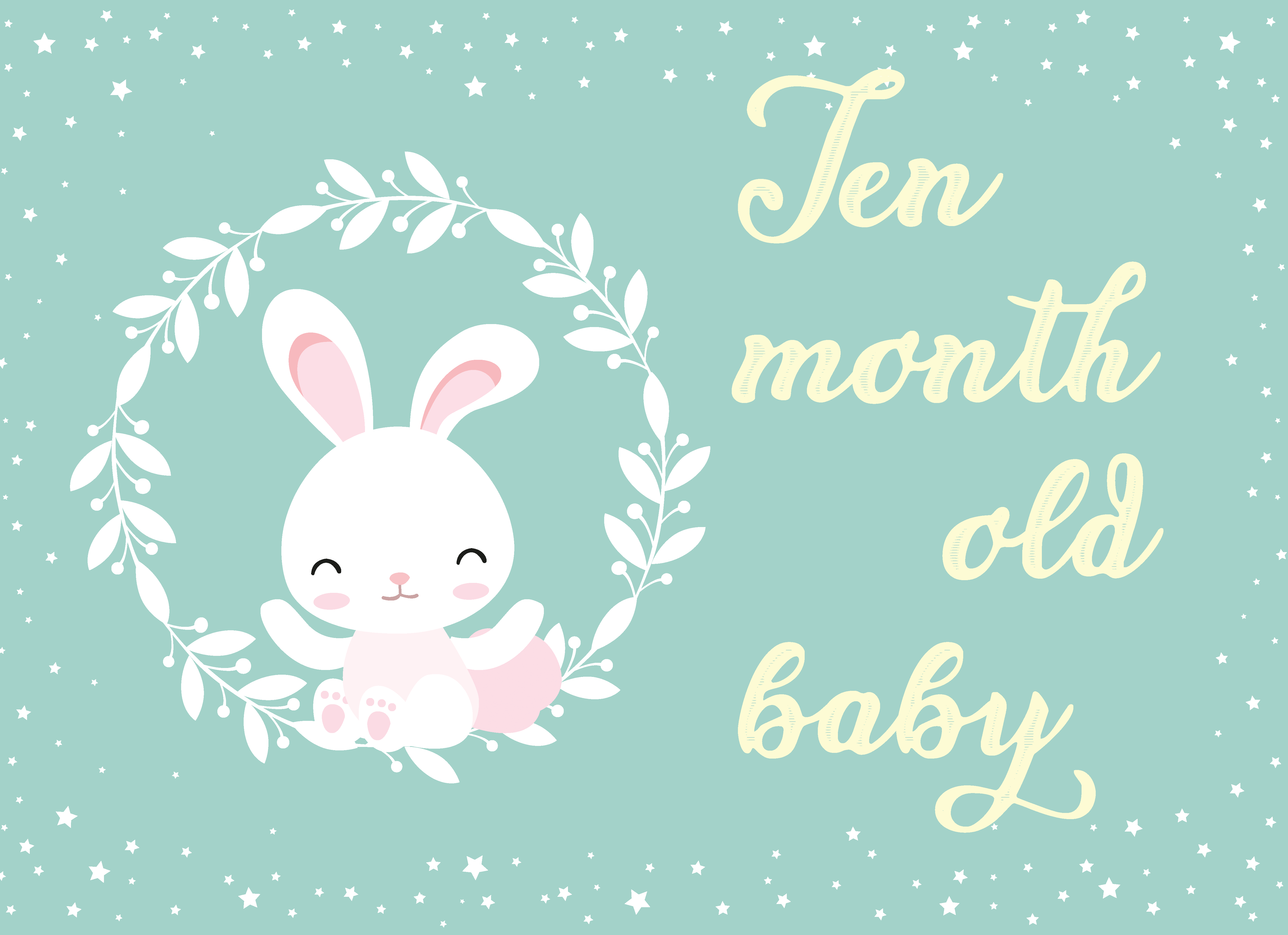

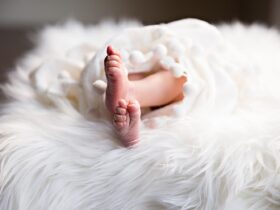
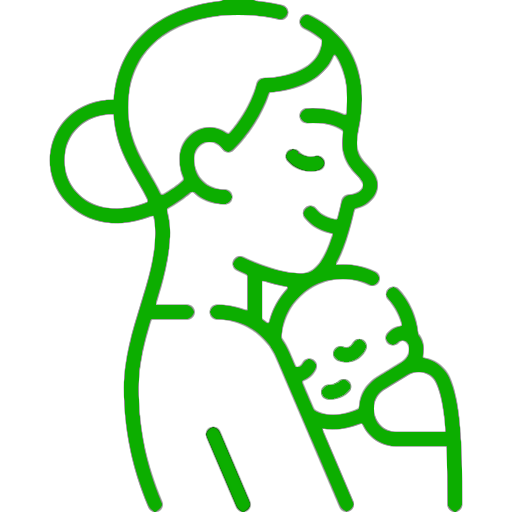

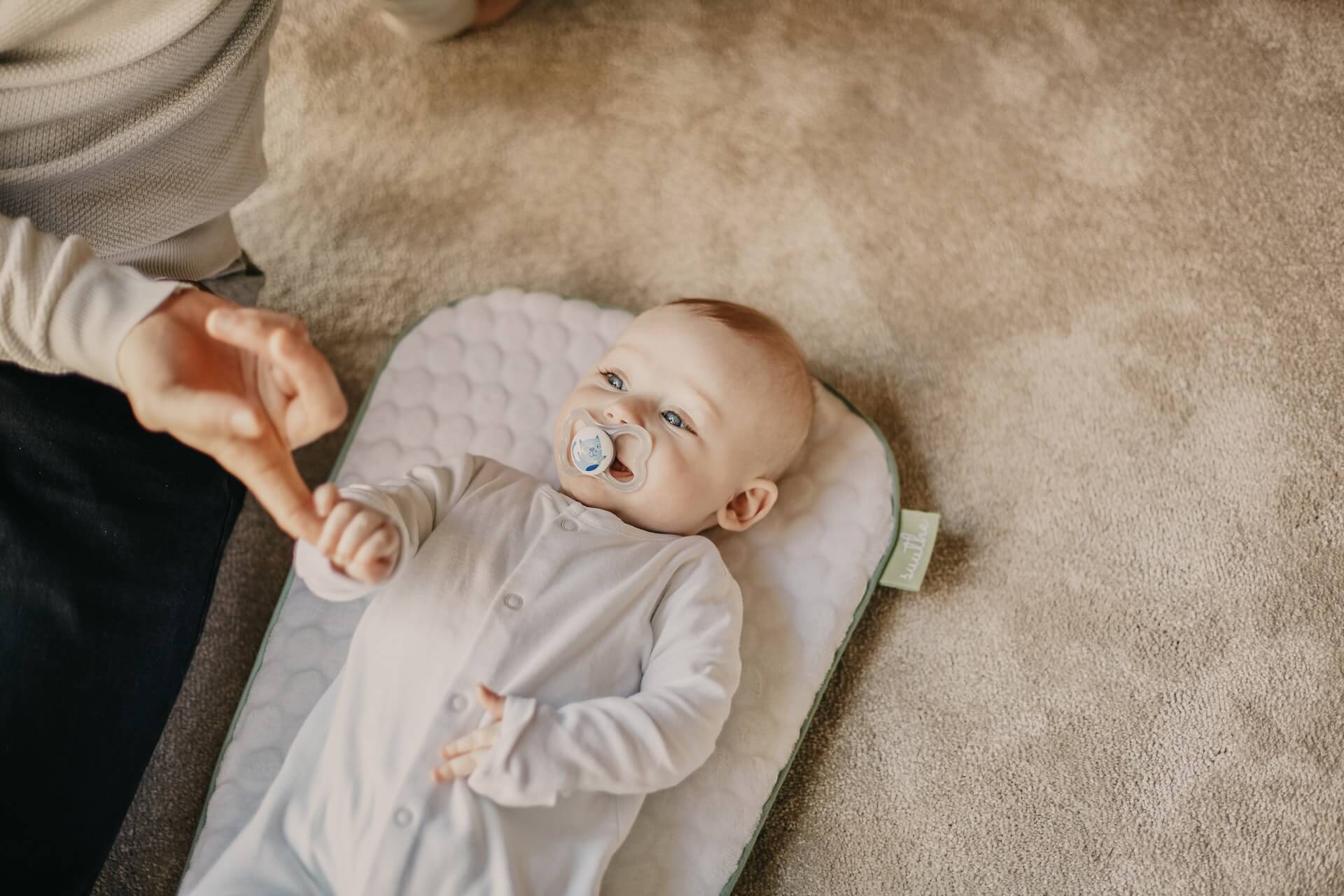
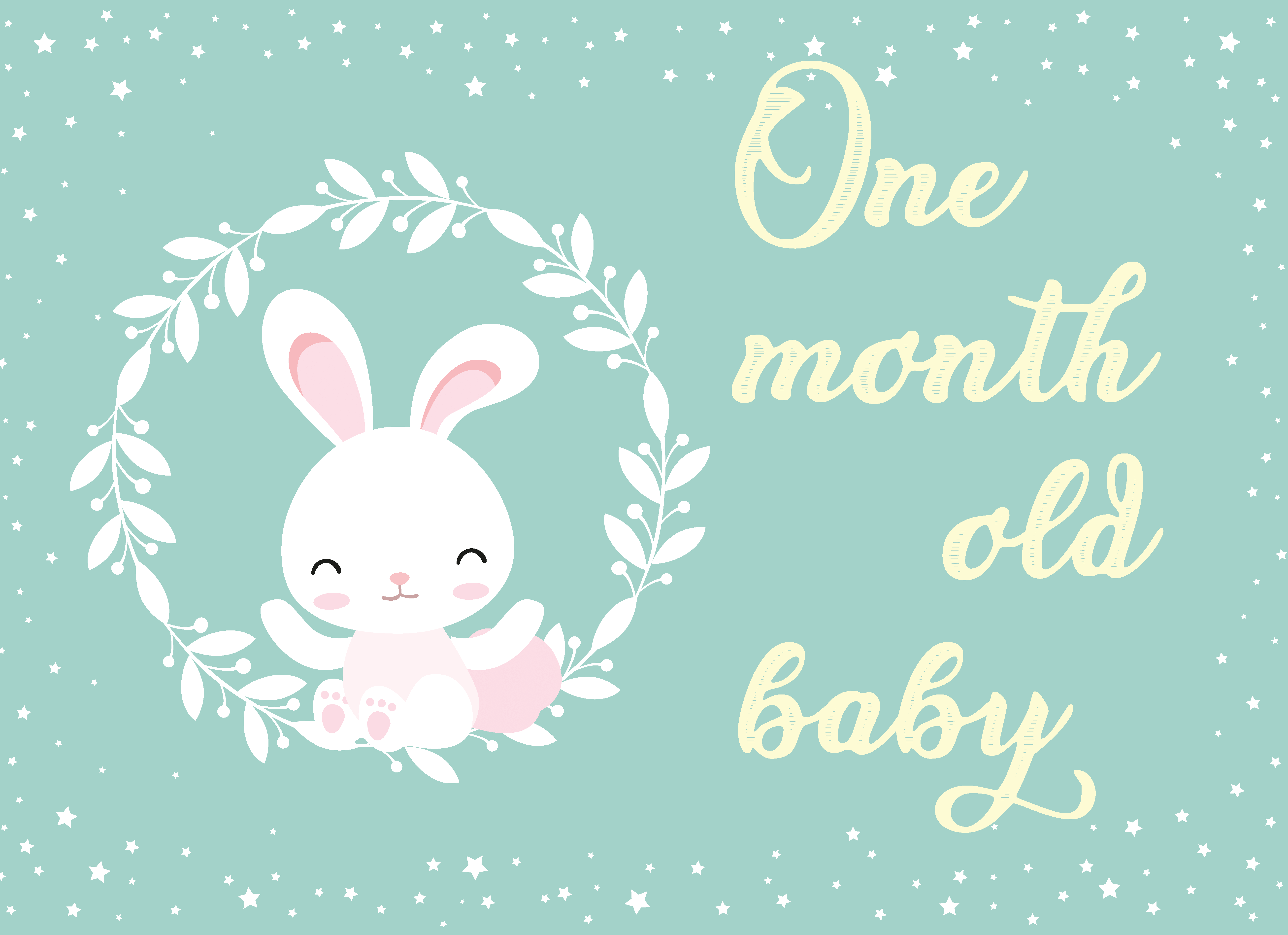
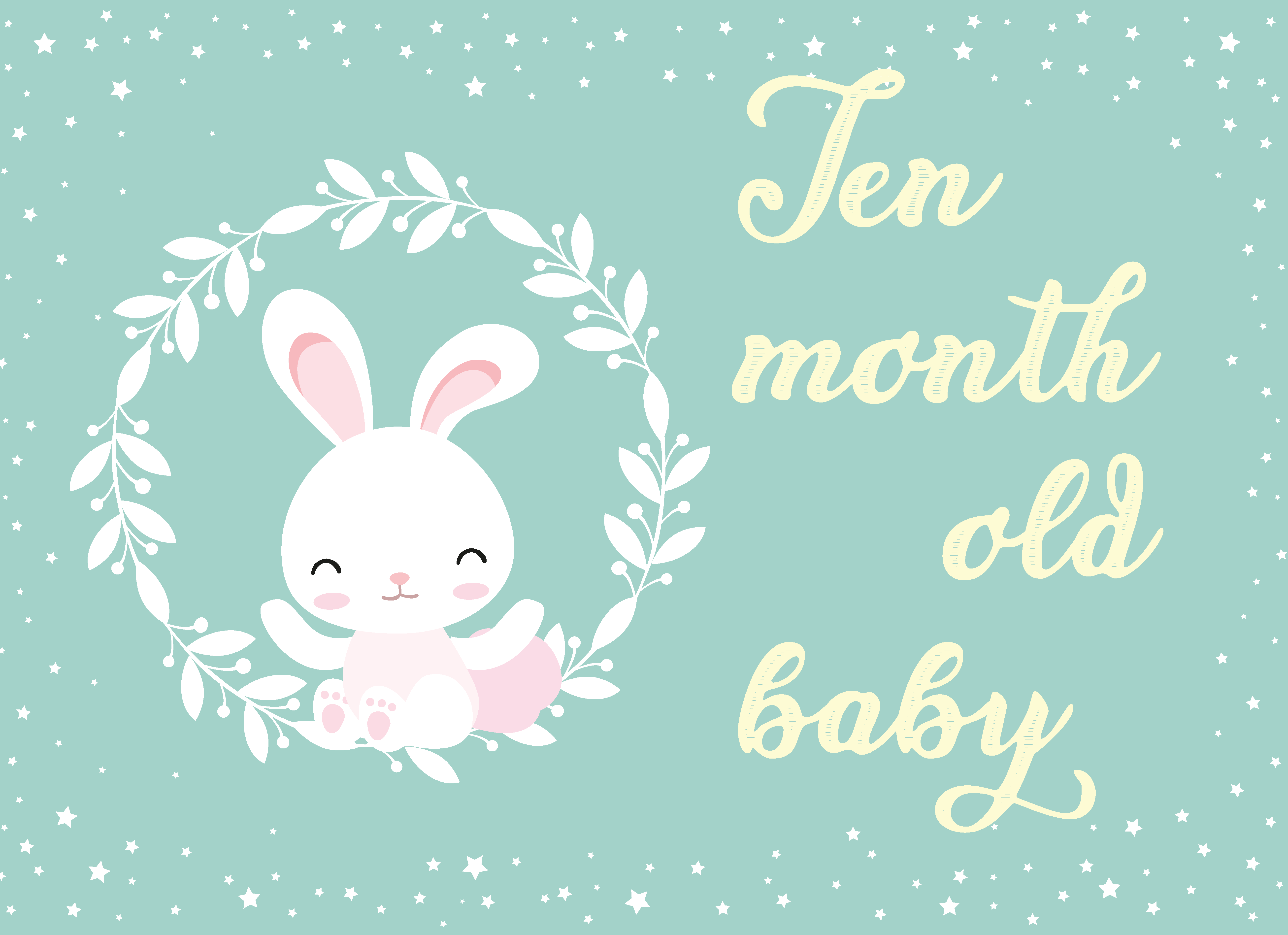
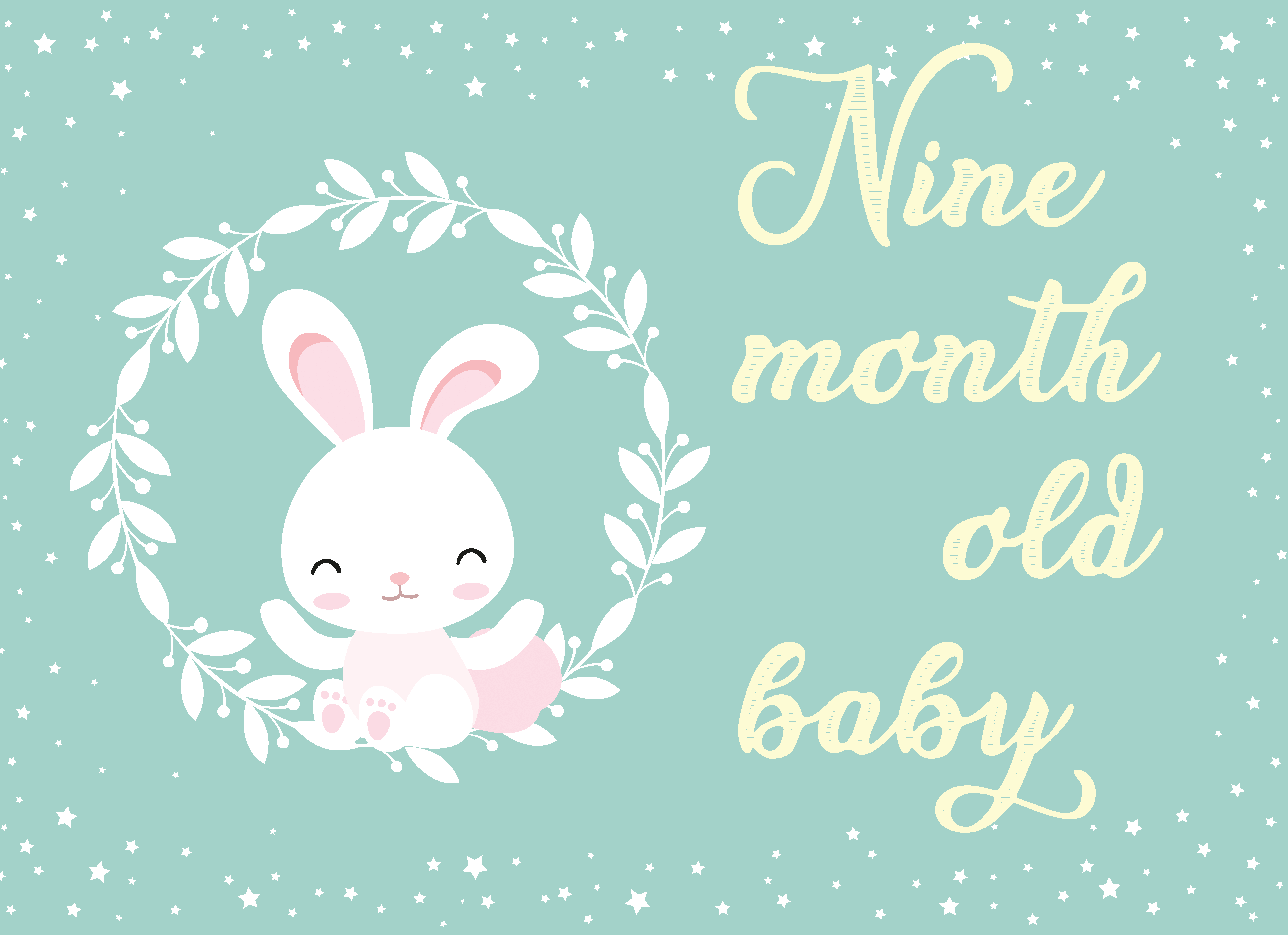

Leave a Reply
View Comments